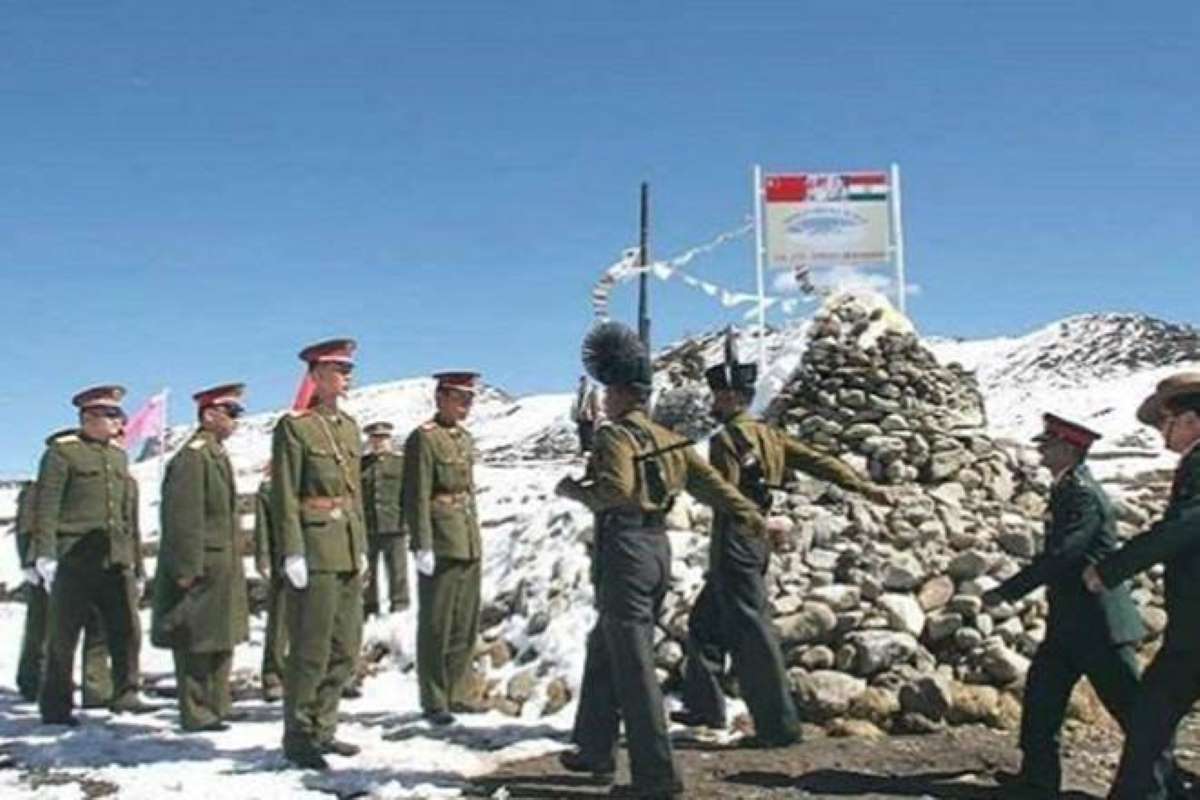While the world is reeling under the onslaught of the pandemic, China has intensified its belligerence and is indulging in aggression in the SCS and on the LAC
On June 15, India was elected unopposed as a non-permanent member of the United Nations Security Council (UNSC) for a two-year term starting from January 1, 2021. India secured a comfortable vote of 184 out of 192 at the United Nations General Assembly (UNGA), which was more than the two-third majority votes required (128 votes) to become a member. India was a candidate from the Asia-Pacific region for the non-permanent seat for the term 2021-22.
Last year, India’s candidature was unanimously endorsed by the 55-member Asia-Pacific group, including China and Pakistan. Historically, India had been the non-permanent member of the UNSC seven times starting 1950.
While the UN has completed 75 years of existence, its achievements have been mixed. Its five organs achieved certain milestones in healthcare, economy, social welfare, human rights and environmental issues, concerning mostly the developing nations. At the same time it saw many aspirations of the five UNSC permanent member countries i.e. UK, France, Russia, US and China getting realised.
There have been situations where these veto-powered nations did not respect the verdicts of the International Court of Justice (ICJ) and made a mockery of the organisation for which they acted as superlative leaders. Therefore, the universal objective of justice and peace has been halfway realised.
The global order is still based upon hegemony and domination. Earlier the world was bipolar, whereby global politics was dominated by two superpowers, the former Soviet Union and the US. Now it is unipolar.
Even after the end of the Cold War, the smaller States are still struggling to align with the bigger powers in order to secure their sovereign status. Imperialism and expansionism still exist in many forms in the international arena like trade blocs, illegitimate access and exploitation of maritime resources, building power structures for future wars, manufacturing cheaper goods and dumping the same in developing countries despite those developing countries having a substantial workforce to manufacture the same commodities.
Such tactics and exploitative aspirations are often realised by bigger powers by funding various governments in order to incline their foreign policy towards themselves, creating animosities among the neighboring countries, funding and managing the facilities of other countries. In such a scenario, the concept of NAM (Non-Aligned Movement) seemed to be very relevant as it rose against the concept of power blocs by drawing on the principles agreed at the Bandung Conference initiated by Indian Prime Minister Jawaharlal Nehru and Indonesian President Sukarno with Egyptian President Gamal Abdel Nasser and the Yugoslav President Josip Broz Tito. The purpose of the organisation was very clear: Sovereignty, territorial integrity and security of non-aligned countries in their “struggle against imperialism, colonialism, neo-colonialism, racism and all forms of foreign aggression, occupation, domination, interference or hegemony as well as against great power and bloc politics.”
Thus, from the very beginning our leaders foresaw the possible dangers of aligning with bigger powers. The current situation is very clear, where the world is demanding more multilateralism because the majority of the members of NAM had to look either left or right as the NAM could not rope itself tightly. India started looking towards the West as China attacked it in 1962, Indonesia started looking at the US to balance the influence from China or the Communist Bloc.
The best example which elucidates the above statement is the rise of an assertive China, which is not conflict- free. Several sovereign States in the vicinity or in the neighbourhood have been experiencing the pressures of its imperialistic, aggressive and belligerent attitude, especially in the South China Sea (SCS), as well as in other bordering States like Bhutan and India. China’s imperialistic attitude is reflected in the form of illegitimate access to their exclusive economic zone (EEZ) and building structures in the common waters.
However, things have changed. A smaller country is visibly more powerful now than what it was during the colonial period, but it is still reeling under the new colonialism carried out by the bigger power in name of development or aid.
The UN has expanded its member base from 50 to 193. In such a scenario, we need a stronger UN based upon the inclusivity and multilateralism which would emphasise upon human rights, democracy and other issues facing the world. Indonesia is a member of the UNSC and has a bigger say in terms of its geostrategic importance, population and economy.
In an IPI (International Peace Institute) virtual event held on April 24 with the President of the UNGA Tijjani Muhammad-Bande, the Chair and former Australian Prime Minister Kevin Rudd said that while the COVID-19 pandemic was the most “urgent” challenge the 193-nation body had ever faced, it could be best addressed through the global “interconnectedness” represented by the UN.
Rudd emphasised that “pandemics are the very essence of the reason why we have a multilateral system of global governments, and we know the reason for that is because epidemics and pandemics have no respect for international borders.” He further added, “This has tested not just our institutions of national government around the world, but it has truly tested our system of global governance.” He observed that the creation of the World Health Organisation (WHO) in 1948 and the International Health Regulations in 2005 had been “anchored” in the UN Charter. Thus, India at the west frontier and Indonesia at the east can play a very important role in seeking a multilateral world.
As the whole world is reeling under the onslaught of the pandemic, China has intensified its belligerence, overshadowing humanity by indulging in fierce aggression in the SCS as well as on the Line of Actual Control with India. This clearly demands revamping and strengthening of the UN in order to isolate such belligerence and create a peaceful global order.
(Writer: Gautam Jha; Courtesy: The Pioneer)








 OpinionExpress.In
OpinionExpress.In















Comments (0)